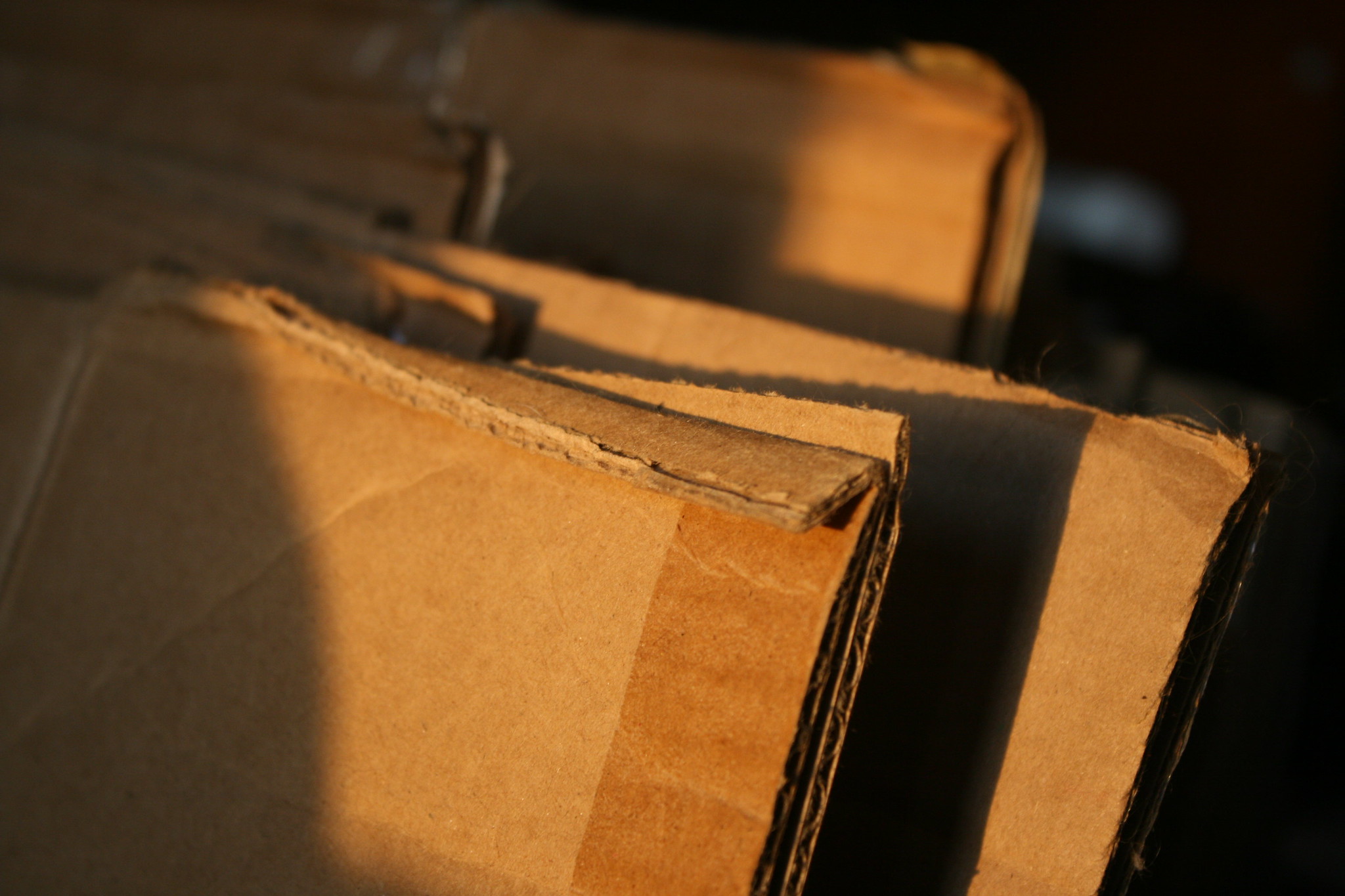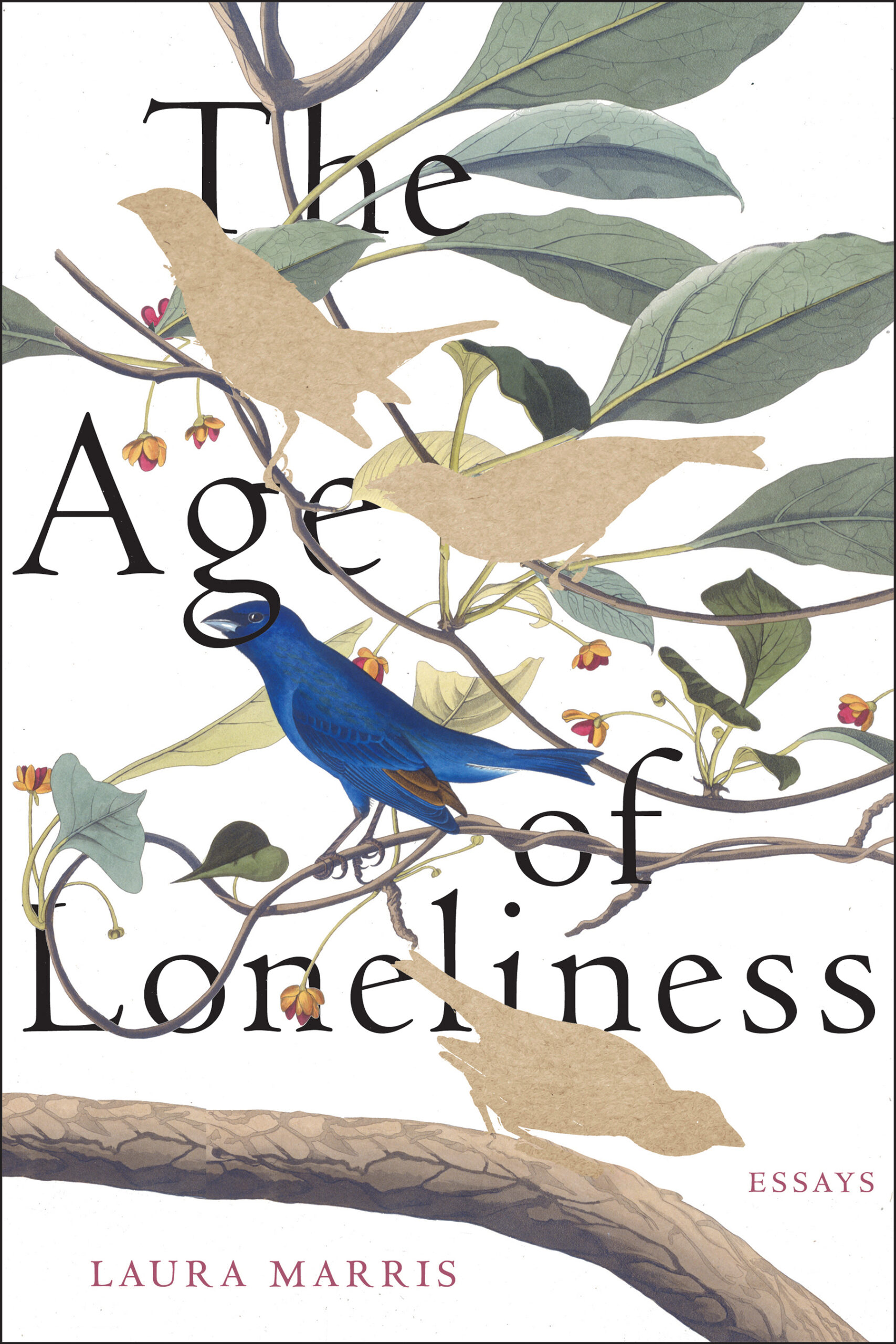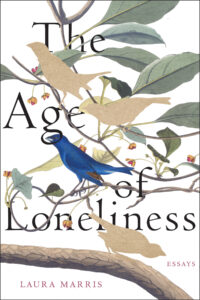My Grandma Betty’s garage, like the rest of her house, was always neat and well-labeled. The tools hung in their places. The floor was swept clean. Along the walls, DIY wood shelving was stacked high with boxes labeled according to their contents. Herb Toys. Xmas Decorations.
Somewhere amidst all the old slot cars and yearbooks, up by the rafters in a far corner, were three produce boxes filled with ephemera from her childhood in Toledo: a trophy from the Maumee River Yacht Club, a 1911 desk calendar printed by her adoptive father’s plumbing and heating company—“We’d like to be your plumbers just the same as Dr. Jones or Dr. Brown is your doctor”—get-well cards, bank books, newspaper clippings.













